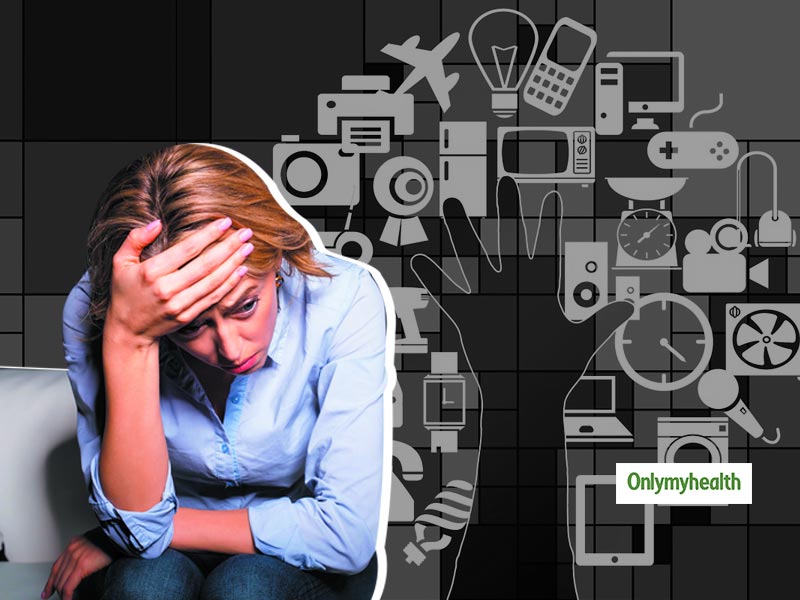
Most of us know someone who Googles possible signs of illness: consistent headaches for more than a week – 'persistent headache' they type; chest pain after dinner – they would do a quick search for 'chest pain' (if they are anxious, maybe 'signs of a heart attack'). Self-diagnosing is the process of diagnosing your illness, whether physical or mental, based on past experiences or information available on popular media, such as internet or books.
Table of Content:-
Access to information on the possible signs of illness is undoubtedly essential and also empowering. Well-researched information allows us to understand our symptoms so we can reach out to an expert and access early intervention. The downside, however, is that we often see our symptoms listed under signs of illnesses that we may not have. The next thing we know, we are panicking or self-medicating.

Mental health examination needs a nuanced approach
We jump to conclusions that chest pain after a big dinner maybe a heart attack; or that feeling low during the monsoon is depression. If you are feeling anxious about your health, it is best to consult a medical expert and get your worries dispelled. This becomes all the more important in the case of mental health issues: the symptoms are not crystal clear, unlike those of the flu. They occur as a cluster of symptoms and have nuances that only a trained mental health expert can identify and diagnose.
For example, mild, moderate, or severe depression is confirmed only after clinical tests by a psychologist and/or a psychiatrist, along with a thorough examination of the patient based on guidelines prescribed in the DSM-V (Diagnostic and Statistical Manual of Mental Disorders, American Psychiatric Association) and ICD-10.
Also Read: Playing Chess Is The Best Brain-Boosting Exercise
Self-diagnosis trivializes mental illness

Self-diagnosing your mental illness may lead to underestimating the mental illness or magnifying it, both of which can be dangerous.
- What you think is depression may be comorbid (an illness which can occur along with another medical condition) with a physical health issue such as hypothyroidism or diabetes. Or, you may think it's just stress and suffer through an anxiety disorder instead of seeking help.
- Trivializing a mental illness such as OCD or bipolar disorder can also be hurtful towards people who are suffering from them, because you may be assuming that you have an illness when you don't - unlike those who are clinically diagnosed.
- Self-medication is another major issue when someone self diagnoses their mental illness. Unlike a headache that can be taken care of by a pill, psychiatric medication often has side-effects and is carefully prescribed based on individual cases. Apart from medication, the psychiatric treatment also involves therapeutic intervention by a trained psychologist.
Why having access to information online is a good thing

It is okay to want to know about the health issue you may be facing and search for symptoms on the internet. However, that must always be followed up by a visit to the psychiatrist to obtain an accurate, personalized diagnosis of your condition.
While the danger of overestimating symptoms does exist, we need to be aware of when we need medical help. Websites with information on mental health and mental illnesses help people understand the signs of mental illnesses, the treatment available, and the kind of practitioners who can help to make decisions about seeking help.
With inputs from Dr Garima Srivastava, clinical psychologist with a PhD from the All India Institute of Medical Sciences (AIIMS), Delhi
Read more articles on Mind And Body
How we keep this article up to date:
We work with experts and keep a close eye on the latest in health and wellness. Whenever there is a new research or helpful information, we update our articles with accurate and useful advice.
Current Version